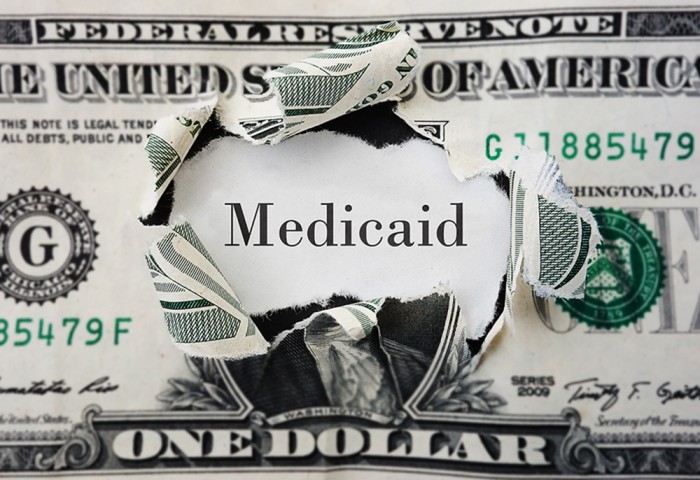The Office of Mental Health and Substance Abuse Services (OMHSAS) Deputy Secretary Jen Smith recently provided an update on the federal four walls rule. The Centers for Medicare and Medicaid Services (CMS) has issued a proposed rule, or Notice of Public Rulemaking, that could create exceptions to the existing four walls requirement for IHS/Tribal clinics, behavioral health clinics, and clinics located in rural areas.
The official language posted to the federal register can be found on page 15 of the Federal Register, which is scheduled to be published on July 22, and is copied below.
“This proposed rule includes a proposal to create exceptions to the Medicaid clinic services benefit four walls requirement, to authorize Medicaid payment for services provided outside the four walls of the clinic for IHS/Tribal clinics, behavioral health clinics, and clinics located in rural areas. Our current regulation at 42 CFR § 440.90(b) includes an exception to the four walls requirement under the Medicaid clinic services benefit only for certain clinic services furnished to individuals who are unhoused. We believe these proposed exceptions would help maintain and improve access for the populations served by IHS/Tribal clinics, behavioral health clinics, and clinics located in rural areas.”
As a reminder, this is a proposed rule intended to announce and explain CMS’s plan to address the problem. As such, all proposed rules must be published in the Federal Register to notify the public and give them an opportunity to submit comments. The proposed rule and the public comments received on it form the basis of a final rule. More information on the final rulemaking process is available here. Interested parties should provide public comments on this proposed rule to the addresses listed in the federal register by September 9, 2024.
While CMS works through this process, OMHSAS, RCPA, and the PA General Assembly continue efforts to address this through the recently released HCO 3450 legislation that will address the psychiatric outpatient in-office requirements and the Medicaid “4 walls” standards. RCPA will work with our members and the National Council for Mental Wellbeing on developing public comments for submission regarding this proposed rule. If you have any questions, please contact RCPA COO and Mental Health Policy Director Jim Sharp.
















